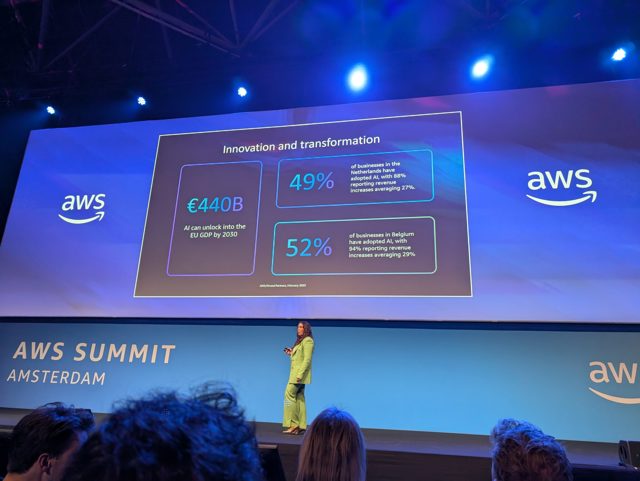< Back to news 


September 11, 2023
Using generative AI tools in education
With the emergence of ChatGPT, there has been a lively discussion about the use of generative AI tools in education. To support teachers in using this technology, the Dutch AI Coalition's Scholing & Education working group has compiled two advisory documents.
The working group thoroughly studied various sources, including academic literature, recommendations from educational institutions and relevant blogs, to prepare the documents. The advice documents are divided into four main categories: fraud prevention and detection, alternative assessment methods, integration in education, and constraints and ethical concerns.
The advisory documents offer teachers within different education levels insight into the opportunities and challenges of generative AI tools in education. By following the advice, teachers can make an informed decision on whether or not to deploy this technology in their learning environment.
Find the documents here:
- Advice primary and secondary education: https://nlaic.com/wp-content/uploads/2023/07/Advies-generatieve-AI-tools-in-het-primair-en-voortgezet-onderwijs.pdf (in Dutch)
- Advice MBO, HBO and WO: https://nlaic.com/wp-content/uploads/2023/07/Advies-generatieve-AI-tools-in-het-MBO-HBO-en-WO.pdf (in Dutch)
- Advice primary and secondary education: https://nlaic.com/wp-content/uploads/2023/07/Advies-generatieve-AI-tools-in-het-primair-en-voortgezet-onderwijs.pdf (in Dutch)
- Advice MBO, HBO and WO: https://nlaic.com/wp-content/uploads/2023/07/Advies-generatieve-AI-tools-in-het-MBO-HBO-en-WO.pdf (in Dutch)
Vergelijkbaar >
Similar news items

April 16, 2025
AWS: Dutch businesses are adopting AI faster than the European average
New research from AWS shows that Dutch businesses are rapidly adopting AI—at a rate of one new implementation every four minutes, well ahead of the European average.
read more >

April 16, 2025
Submit your nomination for the Dutch Applied AI Award 2025
Do you know or develop an innovative AI application? Submit it now for the 2025 Dutch Applied AI Award, presented at the Computable Awards.
read more >

April 16, 2025
UK government tests AI to predict murders
The UK government is developing an AI system that could predict who is most likely to commit a serious crime. Critics call the project dangerous and discriminatory.
read more >